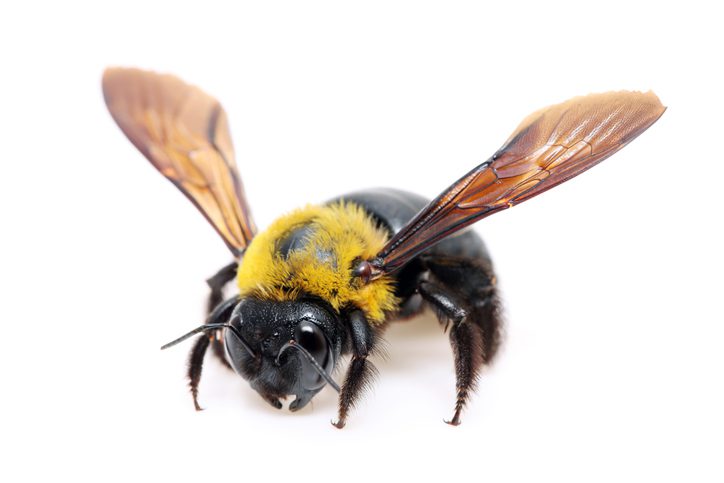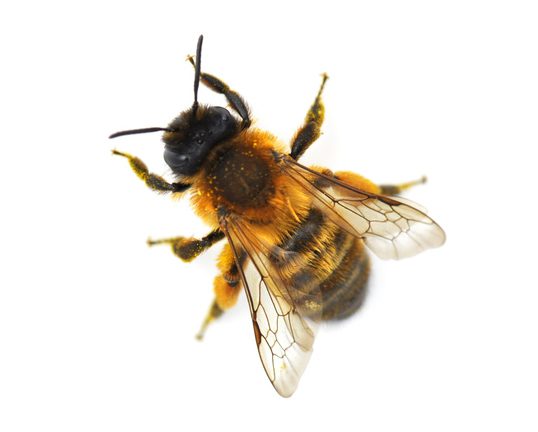
Bee Control Services
Bees play an important role in our ecosystem. Most bee species pose no threats, and for the majority, they can be left alone.
However, some bee species can cause damage to structures, and it becomes necessary to intervene before serious damage is done.
Eastern Pine Pest Control can properly handle your bee problem
Request a QuoteAre Bees taking over your yard?
To control bee populations in Massachusetts, we need to identify potential sources of infestation. This includes looking for nests or hives that may be located near their home or business and regularly inspecting the perimeter of the property.
Speak With An ExpertHow Do You Control Bee Populations?
To control bee populations in Massachusetts, individuals need to identify potential sources of infestation. This includes looking for nests or hives that may be located near their home or business and regularly inspecting the perimeter of their property. Eastern Pine Pest Control can properly handle your bee problem.
Safe & Effective Methods
Friendly & Professional
Call, or text us if you have any concerns about Bees.
We’re more than happy to help
Speak With An ExpertBees We Cover

Carpenter bees are very common in Massachusetts. While it’s rare that they would pose a real threat to humans, they are aggressive in the fact that they’ll fly at you when near their nesting sites to try and scare you off. They can cause structural damage to your home by boring holes into moist wood (typically by fascia boards & soffit areas).
They bore holes to create a site to lay their eggs. Underneath these holes, you’ll often see a fecal splatter which is never a pleasant site. At some homes, we’ve seen literally hundreds of carpenter bee nests. If the issue is not treated early on, they can multiply very quickly!

Mason bees, also known as Osmia bees, are fascinating pollinators that play a crucial role in ecosystem health.
Habitat – These solitary bees can be found in various habitats across the globe, including woodlands, gardens, and meadows. They are particularly attracted to areas with an abundance of flowers and nesting sites.
Diet – As for their diet, mason bees primarily feed on nectar and pollen, which they collect from various flowering plants. Their behavior is distinct, as they are excellent masons.
Nests – Using their strong jaws, they create nests by building individual chambers with mud or other available materials. This earned them the name “mason” bees. These industrious insects are not aggressive and rarely sting humans unless provoked.
Appearance – In terms of appearance, mason bees are generally smaller than honeybees, with a stout and robust build. They come in various shades of metallic blue, black, or dark brown, often with fuzzy bodies. Their vibrant colors and diligent pollination efforts make them valuable contributors to our natural ecosystems.